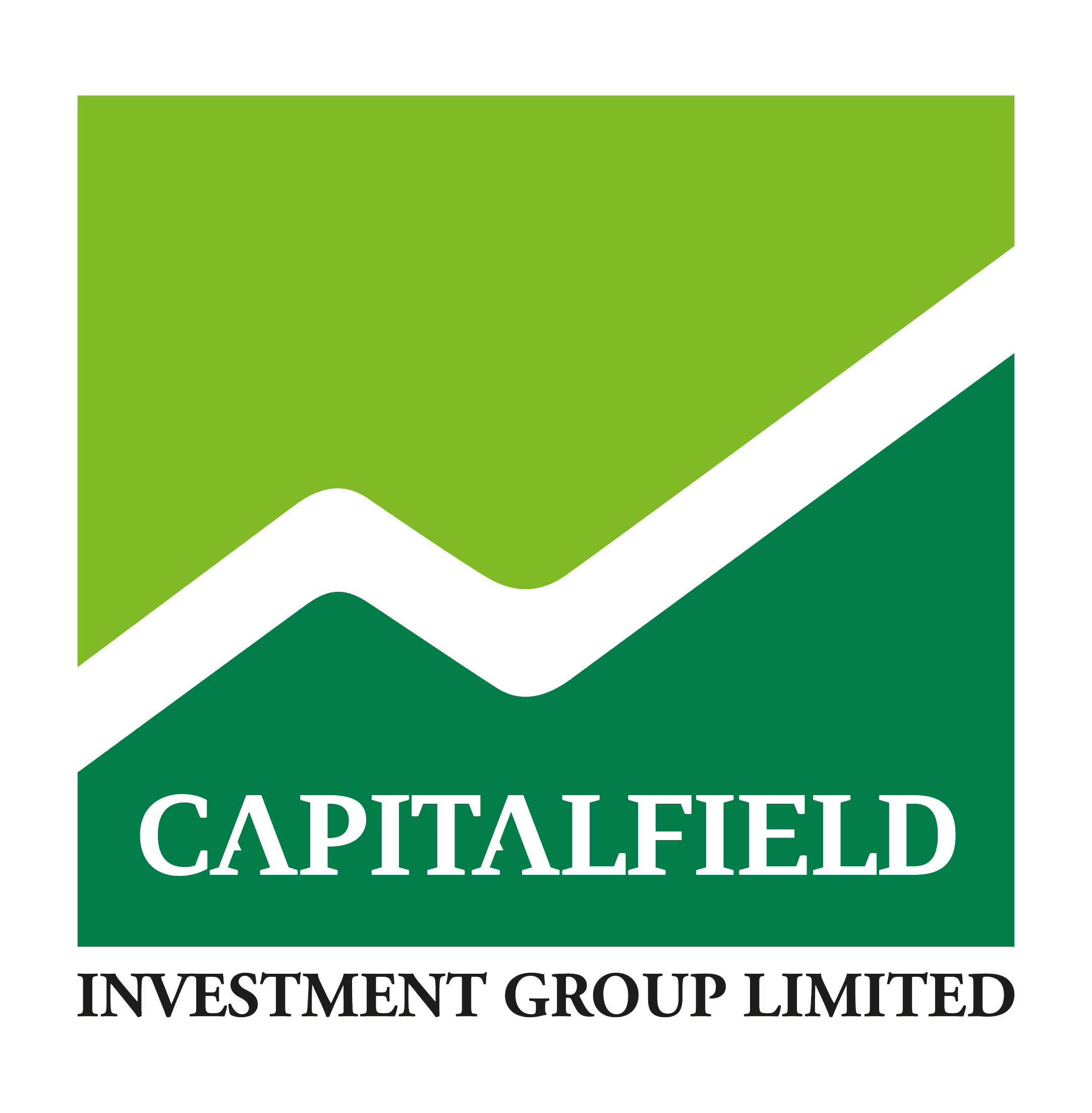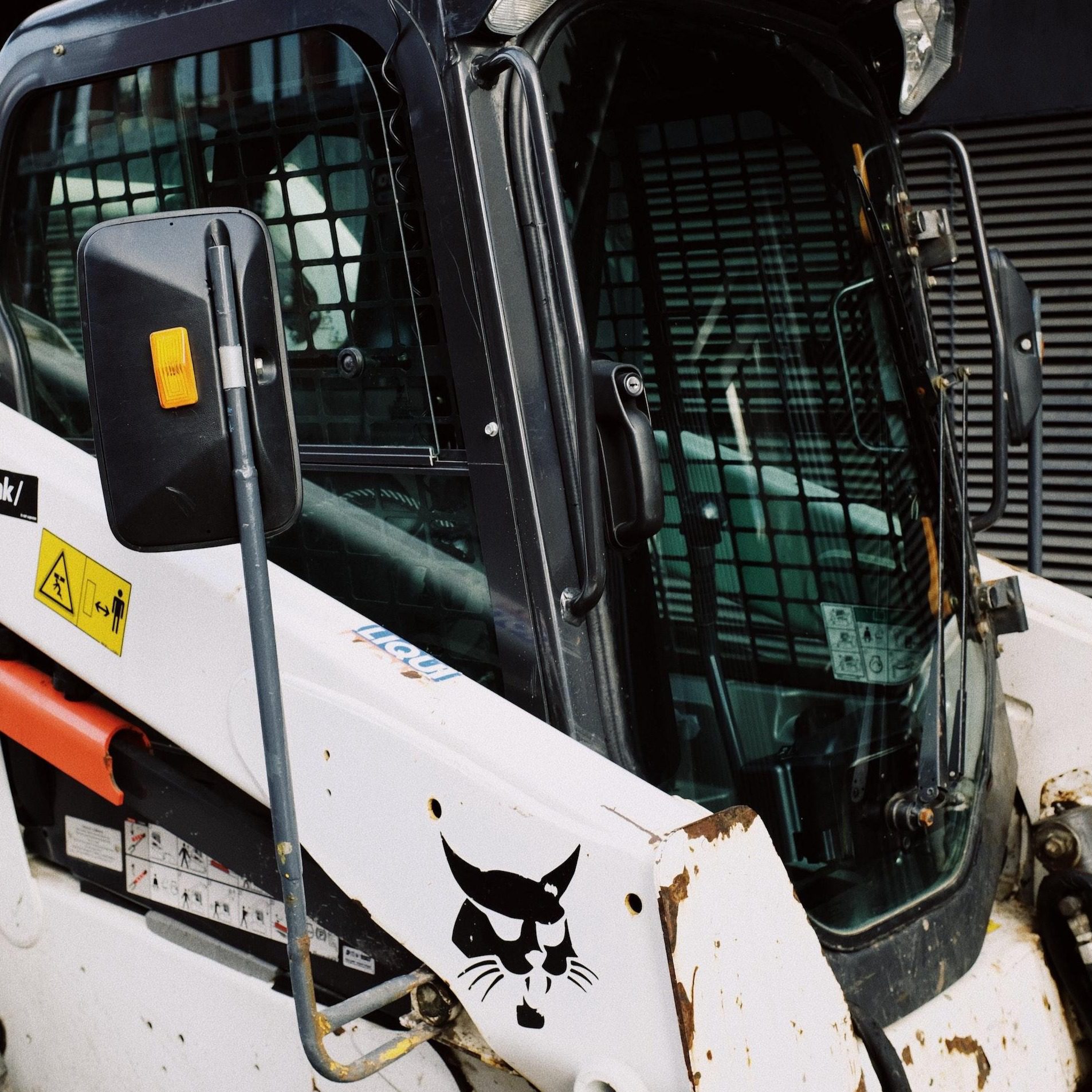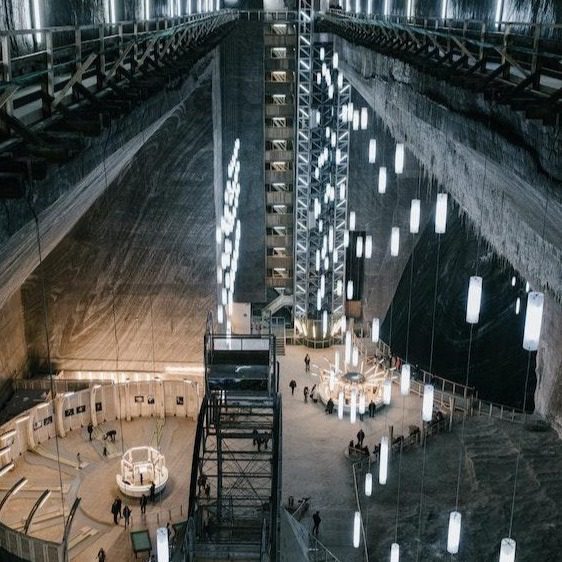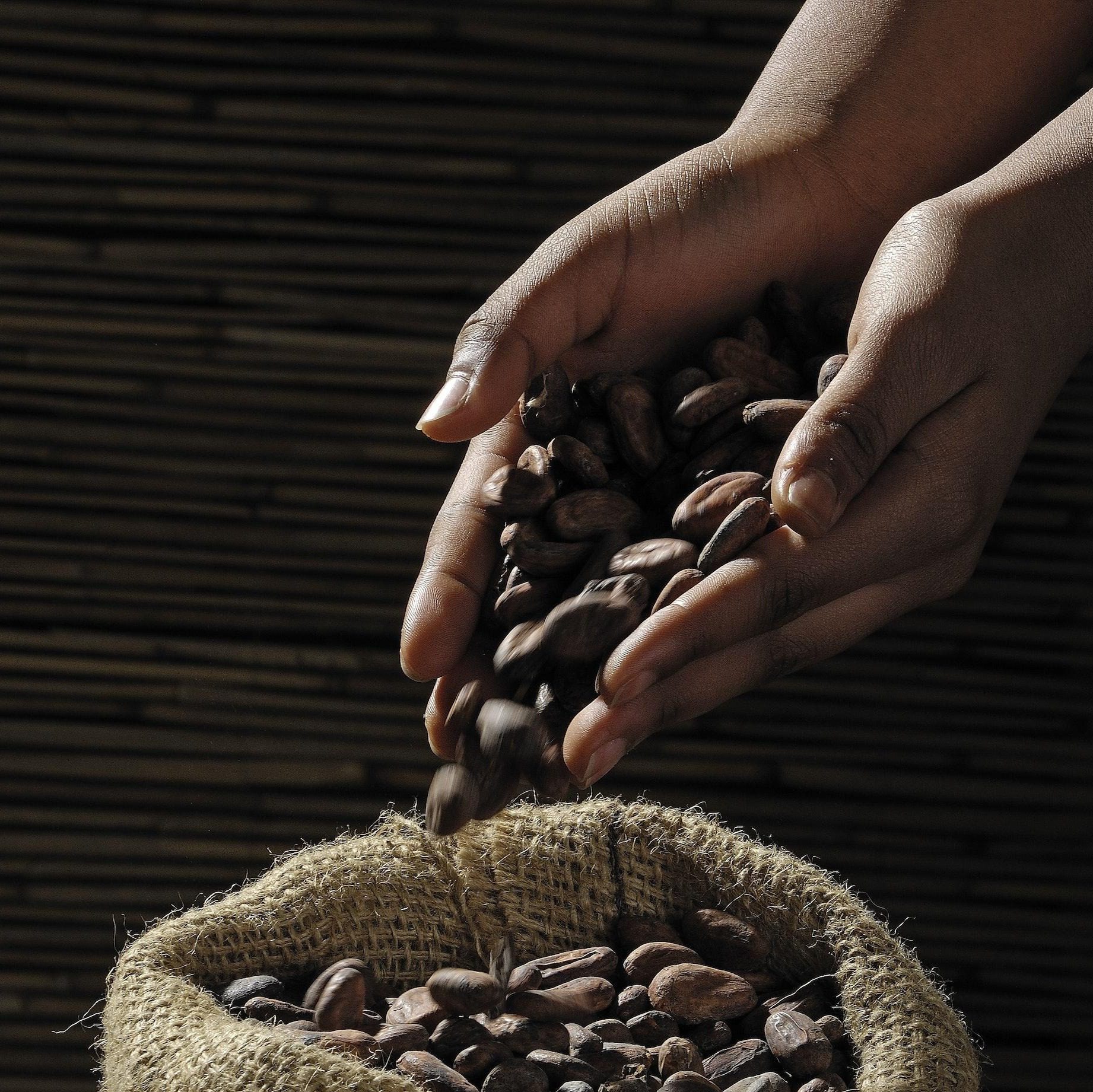NIGERIA’S PETROL PRICE 55% BELOW WEST AFRICAN AVERAGE – DANGOTE
The President of the Dangote Group, Aliko Dangote, has revealed that most Nigerians are unaware that they currently pay 55 per cent of what other West African countries pay for Premium Motor Spirit (petrol). Dangote also said his refinery had aided the reduction of fuel prices by selling petrol between N815 and N820 per litre. The billionaire businessman stated this during a high-level visit to the 650,000 barrels-per-day facility by the President of the Economic Community of West African States Commission, Dr Omar Touray, and his team, according to a statement by the Dangote Group on Sunday. Noting that Africa will benefit greatly by encouraging trade among its countries, Dangote stressed how the refinery has helped Nigeria to bring down the cost of refined products and production costs across many sectors of the economy. “Last year, when we began diesel production, we were able to reduce the price from N1,700 to N1,100 at a go, and as of today, the price has crashed further. This reduction has made a significant impact across various sectors. It has supported industries, benefited those of us in mining, and provided vital relief to the agricultural sector. The effect has been far-reaching,” he said. He also noted that Nigerians are benefiting from local refining as the price of petrol has dropped significantly compared to neighbouring countries. “In neighbouring countries, the average price of petrol is around $1 per litre, which is N1,600. But here at our refinery, we’re selling at between N815 and N820. Many Nigerians don’t realise that they are currently paying just 55 per cent of what others in the region are paying for petrol,” he noted. Dangote disclosed that the refinery has “a much larger initiative in the pipeline, something we’ve not yet announced.” He told Nigerians to know that “this refinery is built for them, and they will enjoy the maximum benefit from it.” Dangote, who led the ECOWAS delegation on a detailed tour of the facility, explained the challenges and milestones involved in bringing the world’s largest single-train refinery to life. He reiterated his longstanding position that Africa’s continued dependence on imported goods was unsustainable, as it hindered economic sovereignty. “As long as we continue importing what we can produce, we will remain underdeveloped. This refinery is proof that we can build for ourselves at scale, to global standards,” it was stated. He noted that the Dangote refinery is fully equipped to meet the petroleum needs of Nigeria and the entire West African region, countering claims that the facility could not produce enough for local and regional demand. “There have been many claims suggesting that we don’t even produce enough to meet Nigeria’s needs, so how could we possibly supply other West African countries? But now, they (ECOWAS officials) are here to see the reality for themselves and, more importantly, to encourage other nations to embark on similarly large-scale industrial projects,” he said. Dangote emphasized that price reduction was a direct result of local refining, which he said continued to improve fuel affordability while enhancing energy security and reducing dependence on imports.

CBN’S JUNE 3 RECAPITALISATION DEADLINE FOR BDCS STANDS – ABCON
The Association of Bureau De Change Operators of Nigeria says that the Central Bank of Nigeria’s June 3 recapitalisation deadline for Bureau De Change (BDC) operators remains sacrosanct. ABCON President, Dr Aminu Gwadabe, said this in an interview with the News Agency of Nigeria in Lagos after a stake-holders meeting with CBN. NAN reports that CBN in May 2024 issued new operational guidelines for BDCs, effective June 3, 2024, directing all existing BDCs to reapply for new licences. BDCs with Tier 1 licence were expected to have a capital base of N2 billion while those with Tier 2 licence needed N500 million, with a non-refundable licence fees of N5 million and N2 million respectively. Both Tier 1 and Tier 2 BDCs were given six months to meet up with the minimum capital requirement for the licence category applied for. The apex bank later extended the recapitalisation deadline by an additional six months while it continued engagements with the BDC operators to meet the new capital threshold by June 3. ABCON, however, had raised concerns that only about 10 per cent of its members were able to reach the capital requirement as at Monday. Speaking on the outcome of the meeting with NAN, Gwadabe thanked the apex bank for the move adding that the BDCs recapitalisation deadline was sacrosanct. First, we want to thank the management of the Central bank for their enhanced consultations with stakeholders. “The CBN have acknowledged that our sub sector is a critical retail end sub sector and that BDCs are important and potent tool of CBN’s policy transmission mechanisms. “Discussions are ongoing and with some give and take. “The deadline for the existing BDCs for recapitalisation by June 3rd, 2025 remains sacrosanct. Also, the minimum capital requirements of N2billion for tier 1 and N500million for tier 2 remain sacrosanct,” he said. The ABCON President added that the window for new licences was open for prospective investors with an agreement to accelerate the licencing process. “Other matters are yet to be wrapped up with higher hopes of reaching a win win situation,” he said. (NAN)
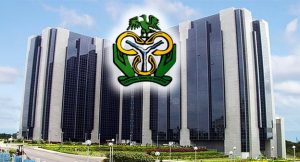
FG OPENS SALE OF SHORT-TERM BONDS
The Federal Government of Nigeria, through the Debt Management Office, has opened a new window for subscription to its Federal Government of Nigeria Savings Bonds, offering attractive interest rates to retail investors for the month of June. According to details released by the DMO, the offer includes a two-year savings bond due June 11, 2027, with an annual interest rate of 16.121 per cent, and a three-year savings bond due June 11, 2028, offering a higher return of 17.121 per cent per annum. The offer opened on June 2, 2025, and will close on June 6, 2025. Settlement is scheduled for June 11, 2025, while coupon payments will be made quarterly on September 11, December 11, March 11, and June 11 throughout the lifespan of the bonds. Each unit of the bond is priced at N1,000, with a minimum subscription of N5,000 and subsequent multiples of N1,000. The maximum subscription is pegged at N50m. The FGN Savings Bond is targeted at retail investors and provides a secure investment backed by the full faith and credit of the Federal Government of Nigeria, making it a low-risk financial instrument. It also qualifies as a security in which trustees can invest under the Trustee Investment Act and is exempt from taxes for pension funds under the provisions of the Company Income Tax Act and the Personal Income Tax Act. The bond, which is listed on the Nigerian Exchange Limited, qualifies as a liquid asset for liquidity ratio calculations by banks. The PUNCH reported that investors showed a stronger preference for longer-tenor debt instruments at the May 2025 Federal Government of Nigeria bond auction, as data from the Debt Management Office revealed overwhelming demand for the 19.89 per cent FGN May 2033 bond, while interest in the 19.30 per cent FGN April 2029 bond remained subdued.
NAIRA RECORDS MIXED PERFORMANCE IN MAY
The naira recorded a mixed performance at the official and parallel markets in the month of May. At the end of the month, the naira gained 0.7 per cent month/month against the base currency to close at N1,586.15/$1 at the NAFEM window, while it weakened by 1.2 per cent month/month at the parallel market to close at N1,615.00/$1. Despite the overall weakness of the naira in May, the president of the Association of Bureau De Change Operators, Aminu Gwadebe, affirmed that several economic factors were favourable to the currency during the month in review. In a chat with The PUNCH, he said, “I think a lot of indices and parameters have been favouring the Naira’s strength. We have seen the reserve growing, and we have seen some fiscal discipline by way of reducing the debt burden and the repayment of the IMF loan, and we are also seeing a reduction in importation, at least of fuel, which is helping to boost the reserve of the Central Bank of Nigeria. “Also, there are a lot of reforms, especially towards transparency. We have seen where the electronic foreign exchange markets have ushered in transparency and investors’ confidence. So, there is a lot of investors’ confidence in the economy. Gone are the days when we saw the exit of foreign portfolio investors; now we have seen the return of foreign investors. This is helping the naira a lot to appreciate.” He added that the naira had appreciated throughout the past week, gaining about N10/$ on Friday to close at 1,615/$ from 1,625/$ on Thursday.
NGX OPENS SECOND TRADING DAY WITH N259BN GAIN
The Nigerian Exchange recorded a gain of N259bn at the close of trading on Tuesday, as improved investor sentiment pushed the market capitalisation higher to N70.9tn. A total of 622,635,197 shares exchanged hands in 17,044 deals at the end of the trading session, corresponding to a market value of N16.12bn. Tuesday’s total deals indicated a 20 per cent increase in volume and a 60 per cent improvement in turnover from the previous trading day. The benchmark All-Share Index rose by 411.52 points, or 0.37 per cent, to close at 112,427.48. According to the weekly analysis, the index gained 0.74 per cent, with a 3.75 per cent increase over four weeks and a year-to-date return of 9.23 per cent. A total of 128 listed equities participated in the day’s trading, resulting in 36 gainers and 32 losers. Skye Shelter Fund led the gainers with a 10 per cent rise in share price to close at N226.60 per share, followed by Honeywell Flour Mill and SCOA Nigeria, both gaining 10 per cent each to close at N22 and N5.39 per share, respectively. Industrial and medical gases also appreciated by 9.96 per cent to settle at N37. On the losers’ chart, Conoil recorded the steepest decline, shedding 10 per cent to close at N268.30 per share. Learn Africa followed with a 9.98 per cent loss, while Transcorp Hotels and Julius Berger Nigeria fell by 9.97 per cent and 9.94 per cent, respectively. Fidelity Bank recorded the highest volume of traded shares at 108 million units, followed by Legend Internet with 61 million shares, United Bank for Africa with 55.7 million shares, and Guaranty Trust Holding with 41.2 million shares. Sector performance also showed a broadly positive sentiment. The Banking Index advanced by 1.36 per cent, the Premium Index rose by 1.06 per cent, and the Consumer Goods Index climbed by 1.05 per cent. Also, the Industrial Index and the Insurance Index appreciated by 0.96 per cent and 0.93 per cent, respectively. The PUNCH reported that the Nigerian equities market commenced the week on a positive note, gaining N173bn in market capitalisation as investors showed renewed interest in select large and mid-cap stocks across key sectors.
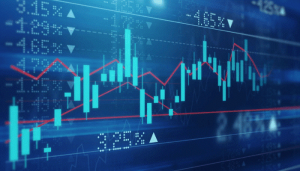
- CAPITALDIGEST MARKET REVIEW, 09/02/2026February 9, 2026
- CAPITALDIGEST DAILYNEWS, 09/02/2026February 9, 2026
- CAPITALDIGEST MARKET REVIEW, 02/02/2026February 2, 2026
Enter your email address for receiving valuable newsletters.
- CAPITALDIGEST MARKET REVIEW, 09/02/2026U.S. DOLLAR REBOUND TO BE CUT SHORT BY RATE CUT BETS, DOUBTS OVER FED INDEPENDENCE:...February 9, 2026
- CAPITALDIGEST DAILYNEWS, 09/02/2026TAXES, FUEL HIKE SLOW BUSINESS GROWTH IN JANUARY – NESG REPORT The report showed that...February 9, 2026
- CAPITALDIGEST MARKET REVIEW, 02/02/2026DOLLAR WEAKENS ACROSS THE BOARD AS YEN CLIMBS ON INTERVENTION RISK The dollar moved sharply...February 2, 2026
